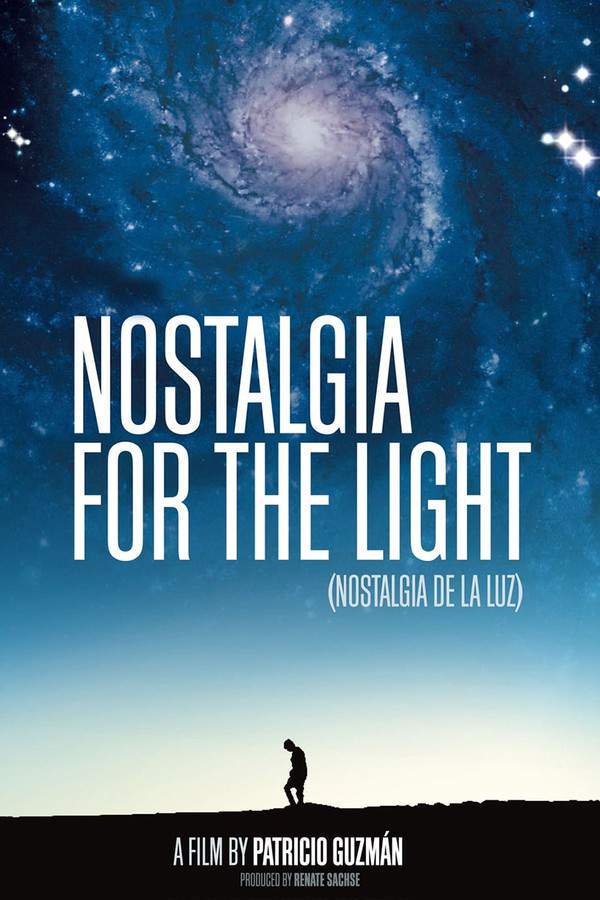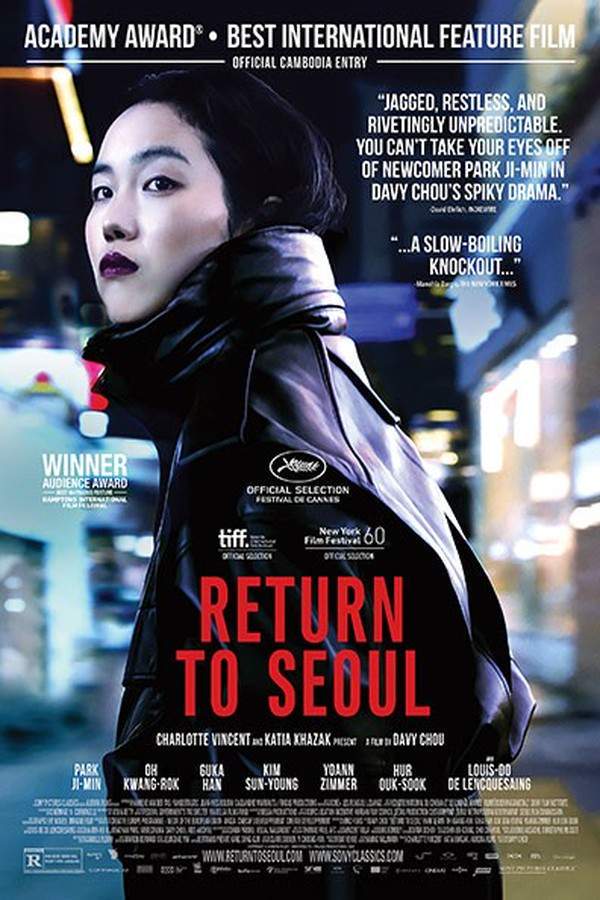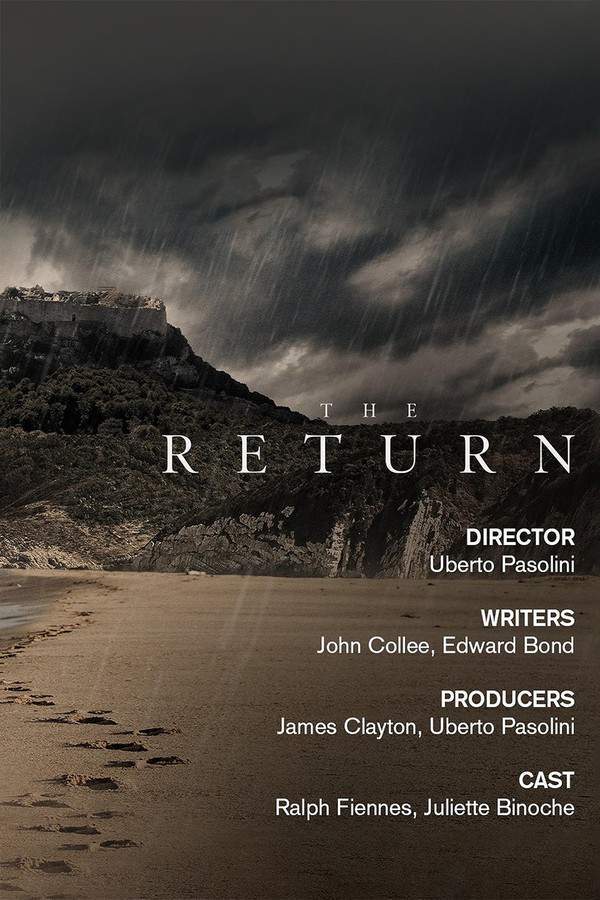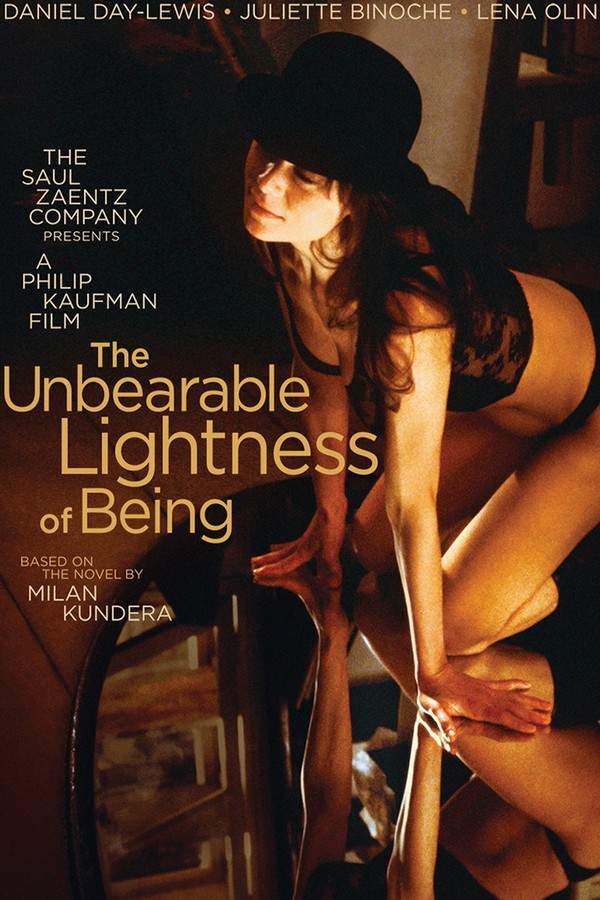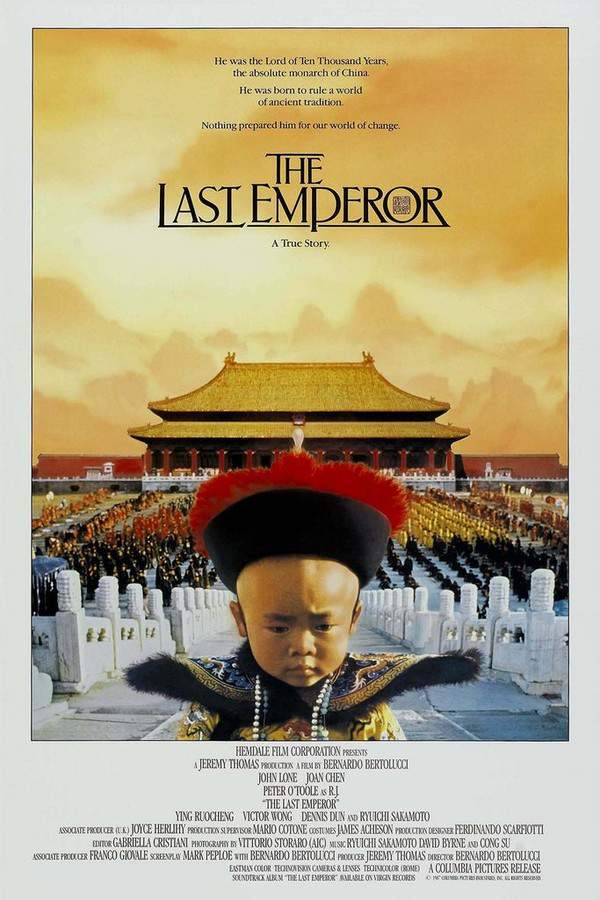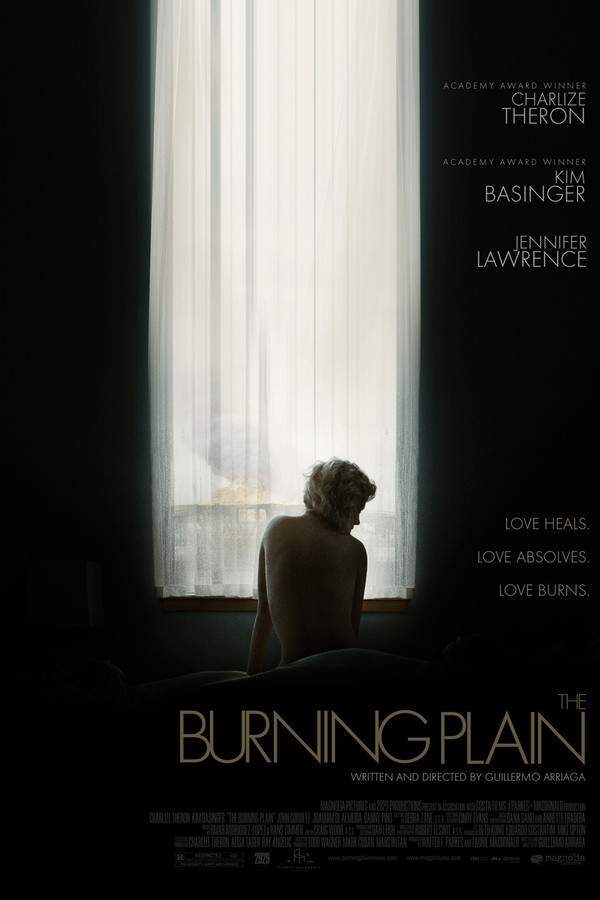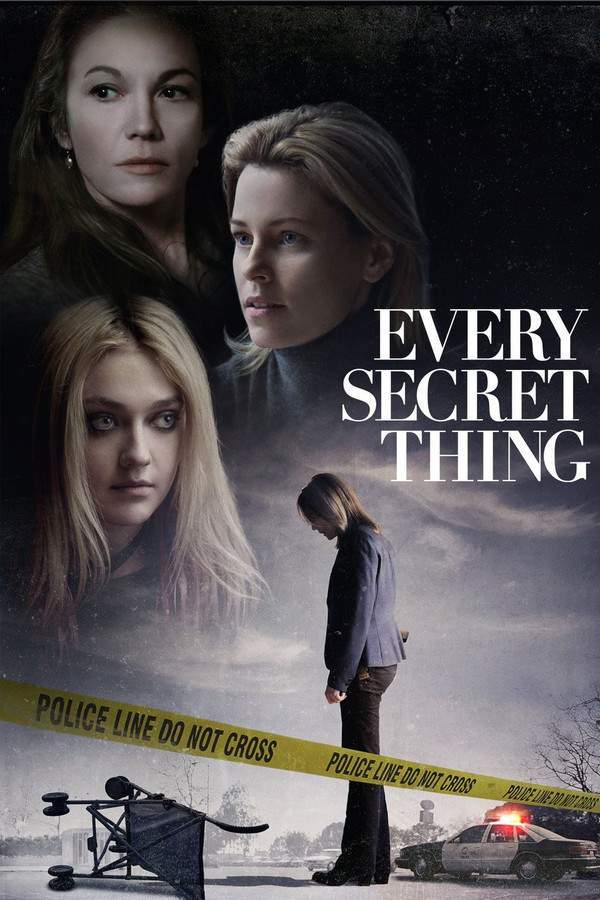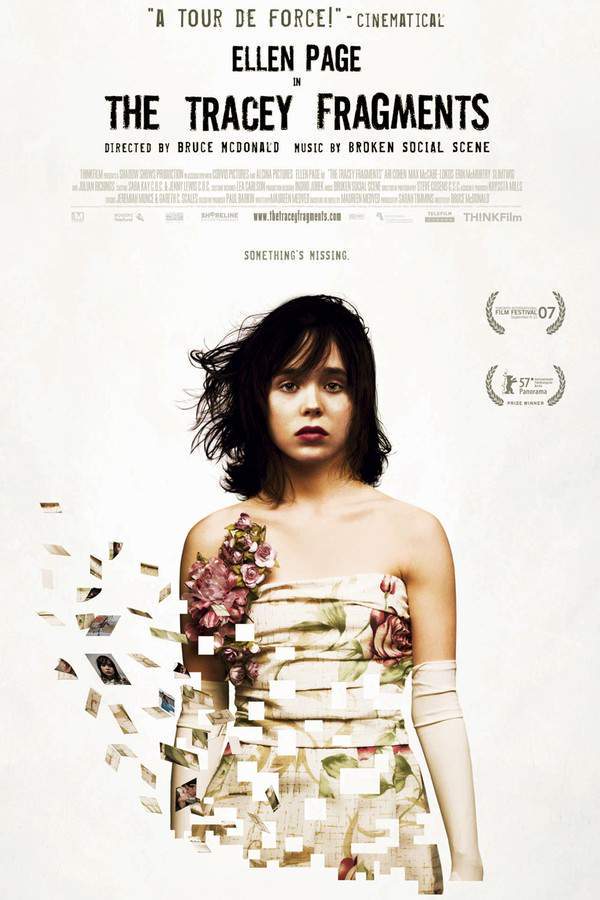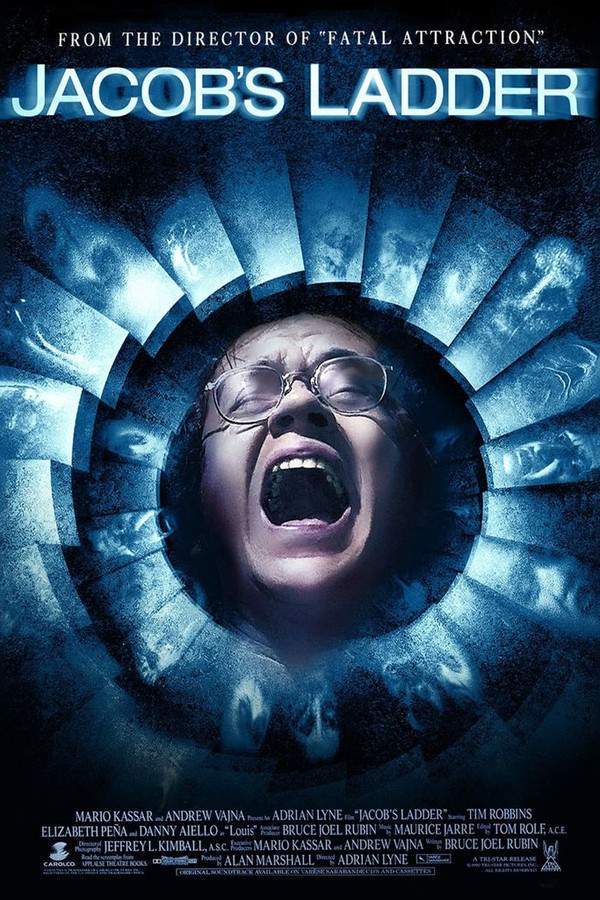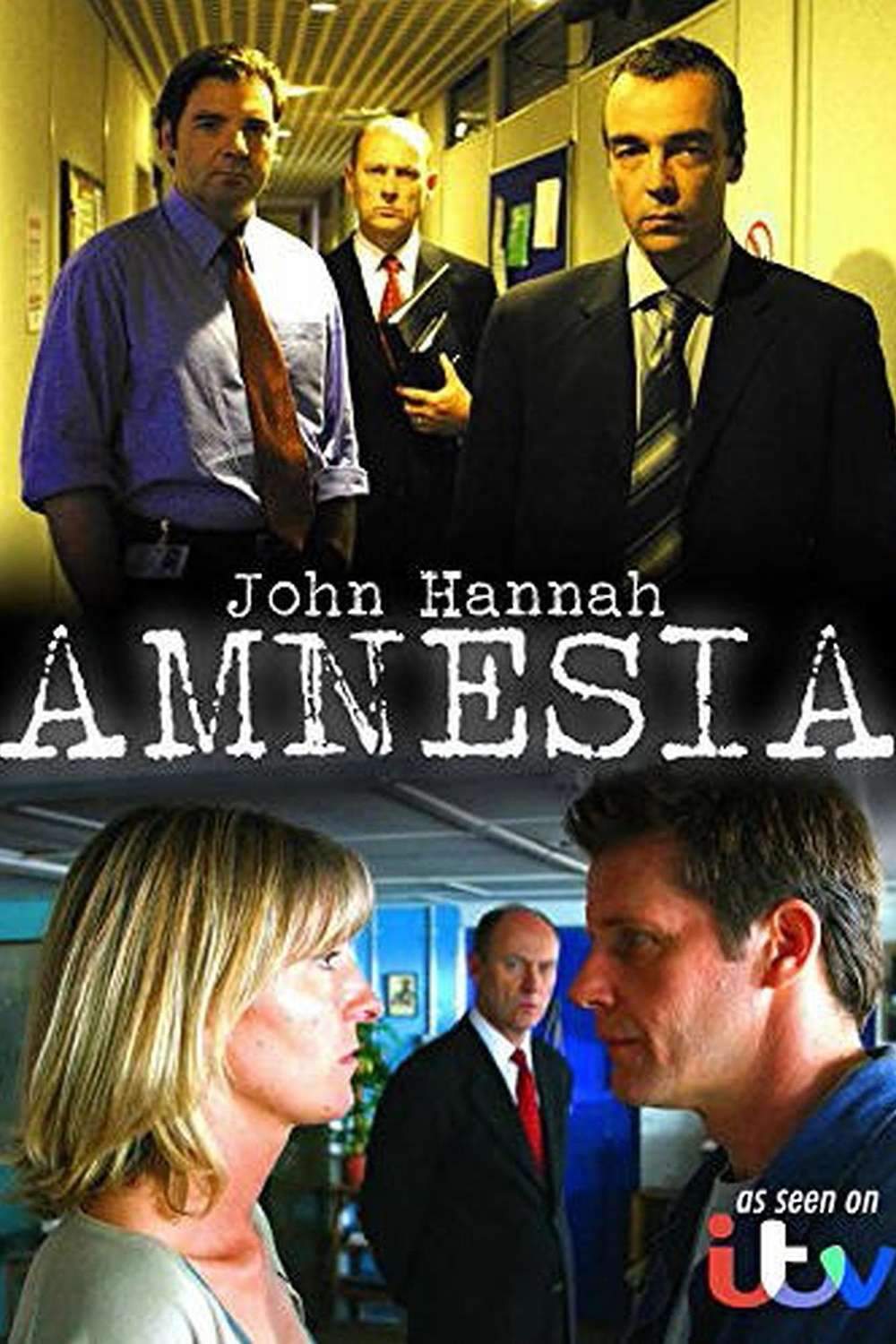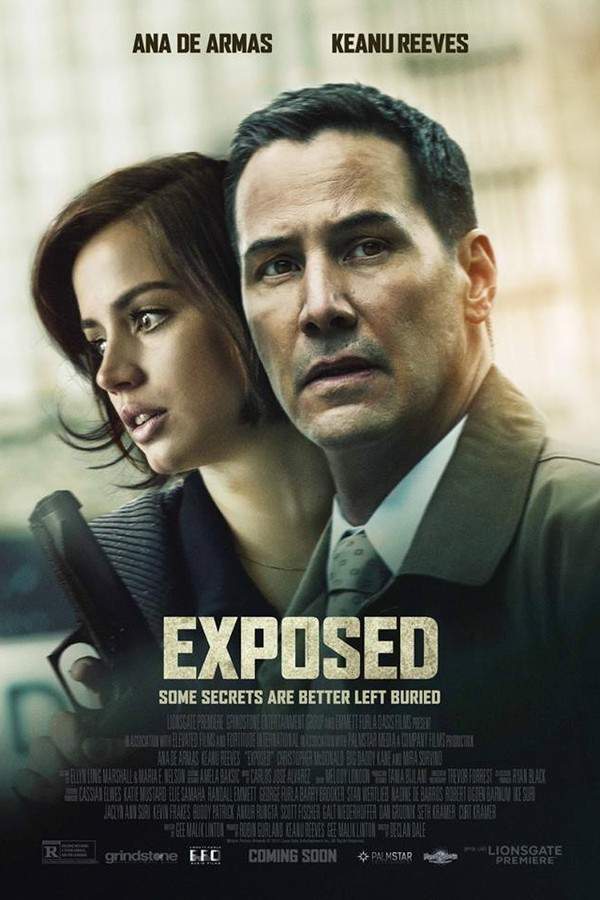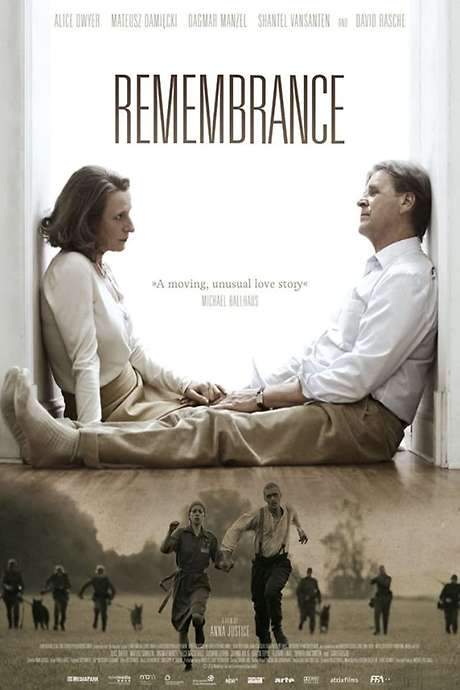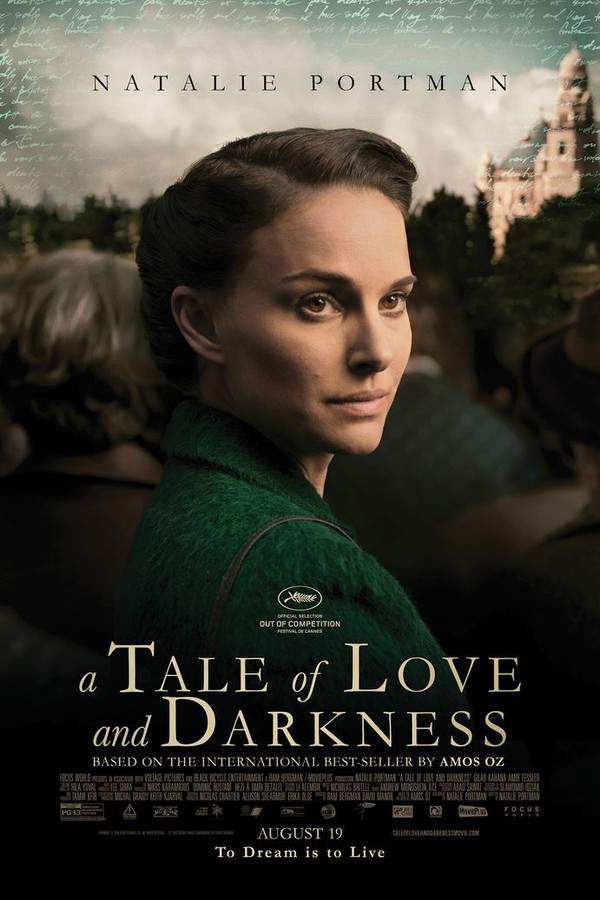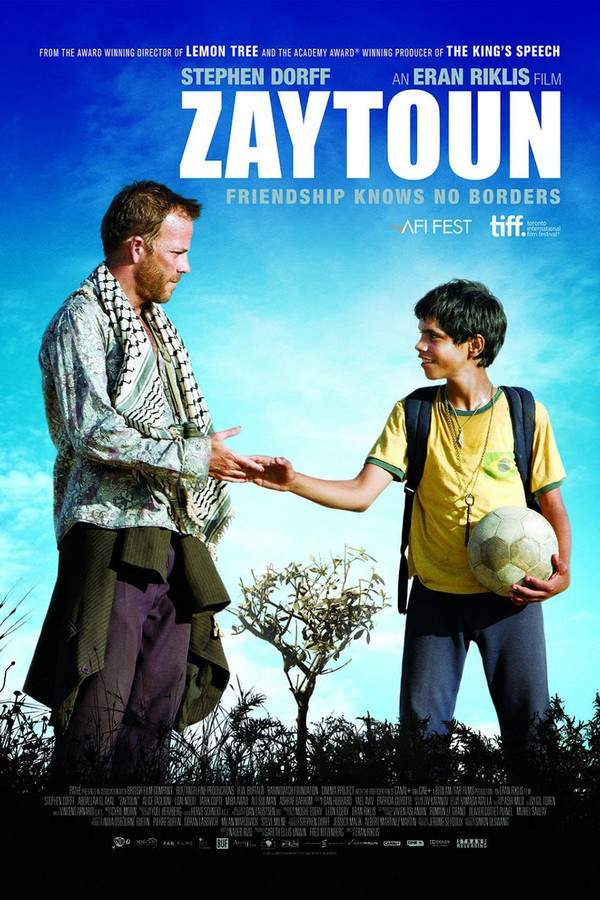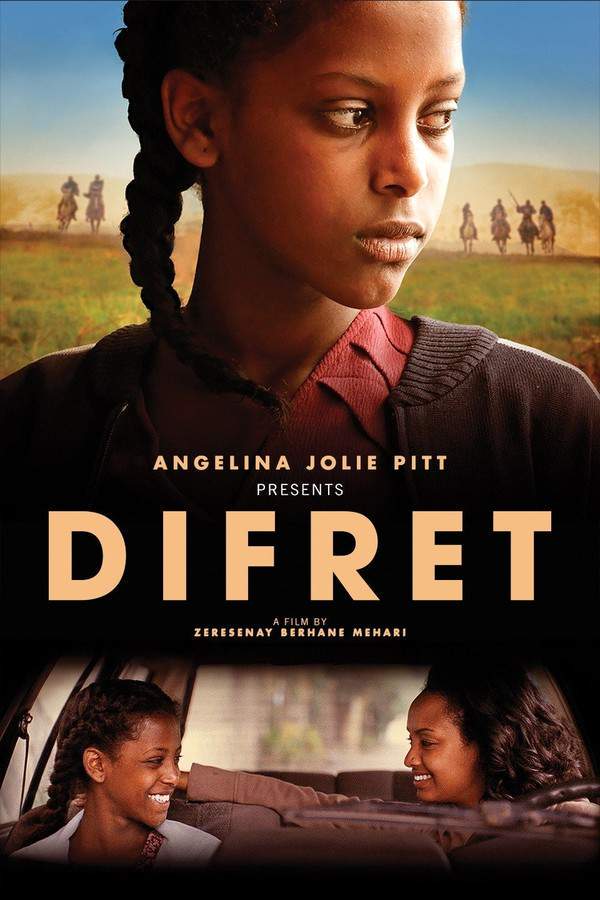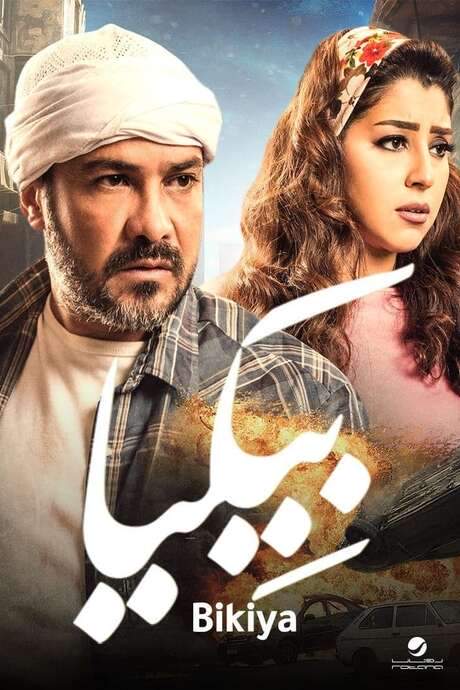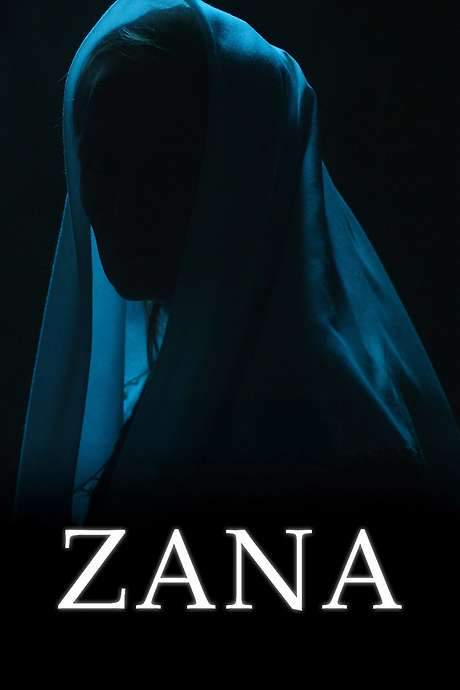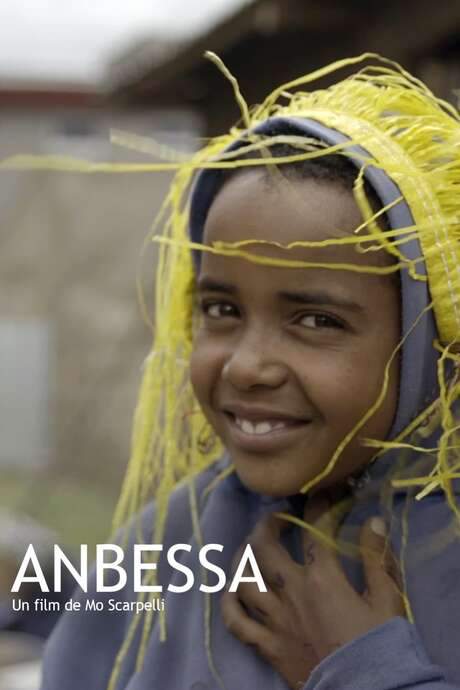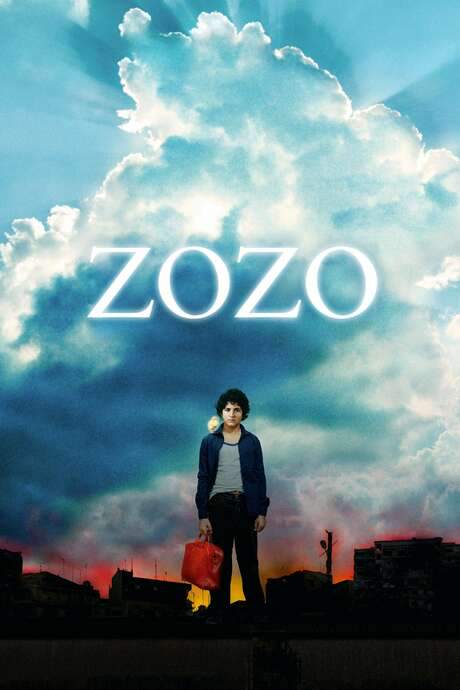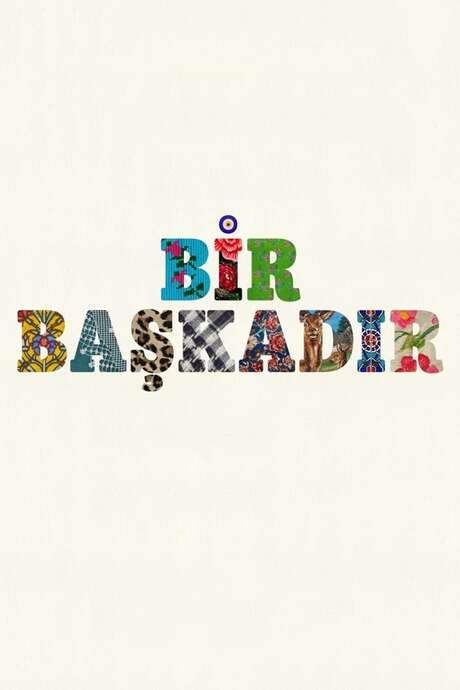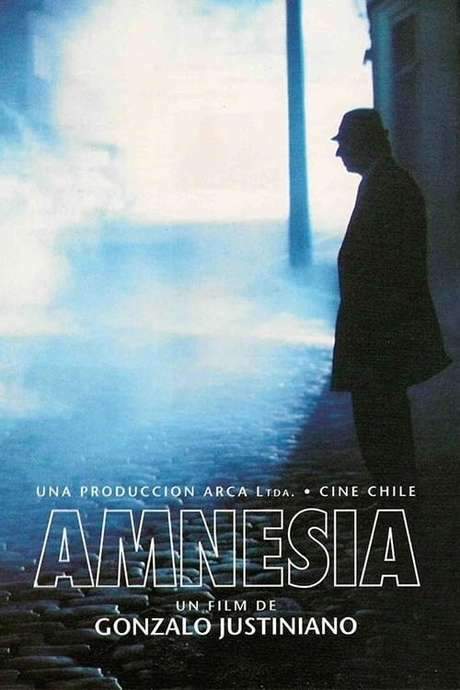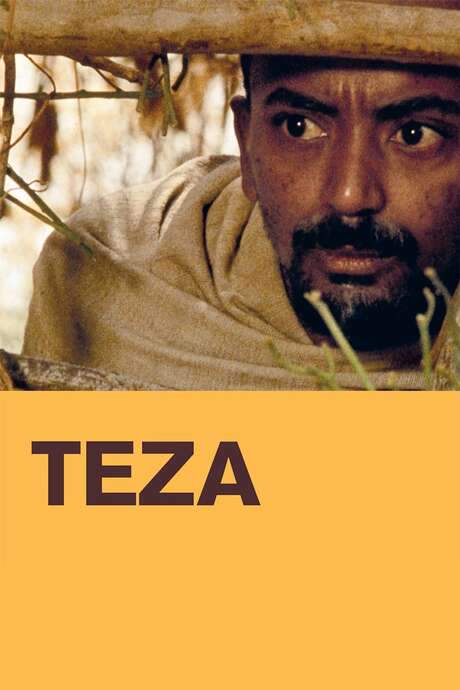
Teza
Year: 2008
Runtime: 140 mins
Language: Amharic
Director: Haile Gerima
Returning to Ethiopia after studying medicine in Germany, Anberber confronts the brutal Mengistu regime that has turned his homeland into chaos. His aspirations to heal the populace are thwarted as the military junta exploits scientists for its agenda. Seeking refuge in his rural home, he faces violence and rival factions, forcing him to decide whether to endure the strain or rebuild a fractured life.
Warning: spoilers below!
Haven’t seen Teza yet? This summary contains major spoilers. Bookmark the page, watch the movie, and come back for the full breakdown. If you're ready, scroll on and relive the story!
Timeline – Teza (2008)
Trace every key event in Teza (2008) with our detailed, chronological timeline. Perfect for unpacking nonlinear stories, spotting hidden connections, and understanding how each scene builds toward the film’s climax. Whether you're revisiting or decoding for the first time, this timeline gives you the full picture.
Last Updated: October 09, 2025 at 10:41
Explore Movie Threads
Discover curated groups of movies connected by mood, themes, and story style. Browse collections built around emotion, atmosphere, and narrative focus to easily find films that match what you feel like watching right now.
Movies about Exiled Intellectuals like Teza
Brilliant minds forced from their homeland confront a fractured nation.If you liked Teza's story of a doctor returning to a politically chaotic homeland, explore these similar dramas. This section features movies about educated diaspora figures confronting oppressive regimes, where academic ideals are tested against brutal realities.
Narrative Summary
The narrative typically follows a non-linear or reflective structure, moving between memories of a hopeful past and the disorienting present. The central conflict is internal and external: the character's intellect and education become both a burden and a potential tool for survival or subtle resistance against an oppressive system.
Why These Movies?
These films are grouped by their shared focus on the specific anguish of the educated exile. They blend heavy political drama with deep psychological character study, exploring themes of idealism, betrayal, and the complex relationship between personal identity and national duty.
Non-Linear Dramas about Memory and Trauma like Teza
Stories where the past bleeds into the present through haunting flashbacks.For viewers who appreciated Teza's dreamlike structure and exploration of trauma through memory, this section collects complex movies where the narrative jumps between timelines. These films use a non-linear plot to delve into heavy themes of political violence, exile, and psychological healing.
Narrative Summary
The plot structure itself mirrors a troubled mind, refusing to tell the story in chronological order. Key emotional events are revealed piecemeal, forcing the viewer to assemble the full picture of the character's pain. The journey is less about a simple goal and more about achieving a fragile reconciliation with a painful history.
Why These Movies?
These films share a specific narrative technique used to evoke a particular feeling: the disorientation and haunting weight of unresolved trauma. The non-linear pacing, melancholic tone, and complex structure create a cohesive viewing experience focused on psychological depth and historical reckoning.
Unlock the Full Story of Teza
Don't stop at just watching — explore Teza in full detail. From the complete plot summary and scene-by-scene timeline to character breakdowns, thematic analysis, and a deep dive into the ending — every page helps you truly understand what Teza is all about. Plus, discover what's next after the movie.
Teza Summary
Read a complete plot summary of Teza, including all key story points, character arcs, and turning points. This in-depth recap is ideal for understanding the narrative structure or reviewing what happened in the movie.

Characters, Settings & Themes in Teza
Discover the characters, locations, and core themes that shape Teza. Get insights into symbolic elements, setting significance, and deeper narrative meaning — ideal for thematic analysis and movie breakdowns.

Teza Spoiler-Free Summary
Get a quick, spoiler-free overview of Teza that covers the main plot points and key details without revealing any major twists or spoilers. Perfect for those who want to know what to expect before diving in.

More About Teza
Visit What's After the Movie to explore more about Teza: box office results, cast and crew info, production details, post-credit scenes, and external links — all in one place for movie fans and researchers.

Similar Movies to Teza
Discover movies like Teza that share similar genres, themes, and storytelling elements. Whether you’re drawn to the atmosphere, character arcs, or plot structure, these curated recommendations will help you explore more films you’ll love.
Explore More About Movie Teza
Teza (2008) Plot Summary & Movie Recap
Teza (2008) Scene-by-Scene Movie Timeline
Teza (2008) Spoiler-Free Summary & Key Flow
Movies Like Teza – Similar Titles You’ll Enjoy
The Forgiveness of Blood (2012) Story Summary & Characters
A Tale of Love and Darkness (2016) Spoiler-Packed Plot Recap
Zaytoun (2013) Plot Summary & Ending Explained
Difret (2015) Full Movie Breakdown
Teza (2010) Film Overview & Timeline
Bekia (2018) Film Overview & Timeline
Zana (2019) Full Summary & Key Details
Anbessa (2019) Full Movie Breakdown
Maangamizi: The Ancient One (2001) Complete Plot Breakdown
Zozo (2005) Movie Recap & Themes
Live and Become (2005) Film Overview & Timeline
Ethos (1000) Movie Recap & Themes
Dirty, Difficult, Dangerous (2022) Complete Plot Breakdown
Amnesia (1994) Spoiler-Packed Plot Recap
From Karkhe to Rhein (1993) Spoiler-Packed Plot Recap

